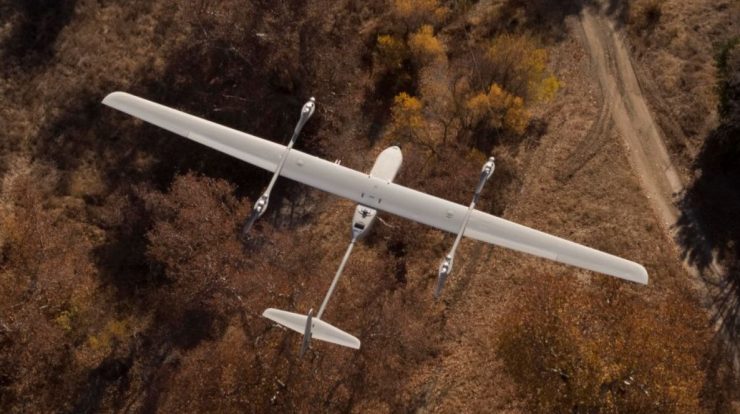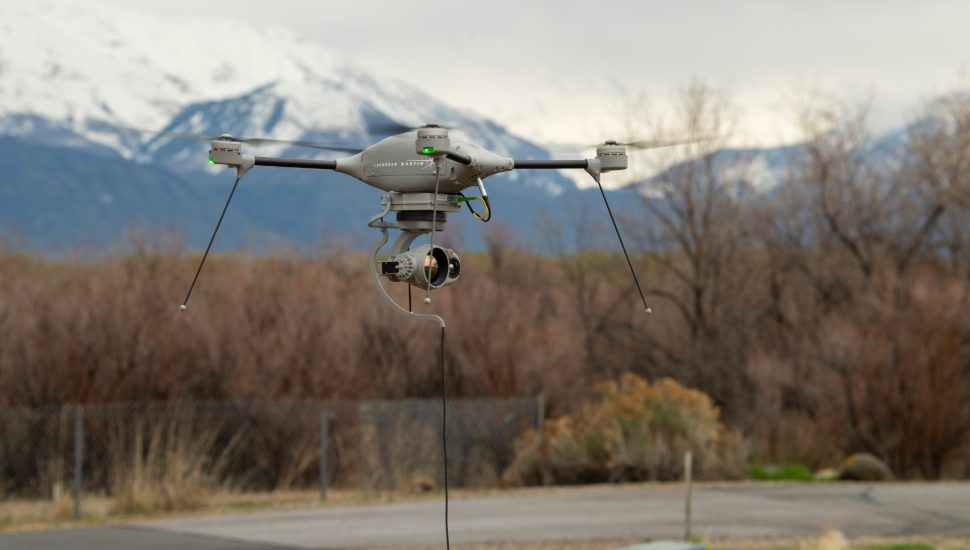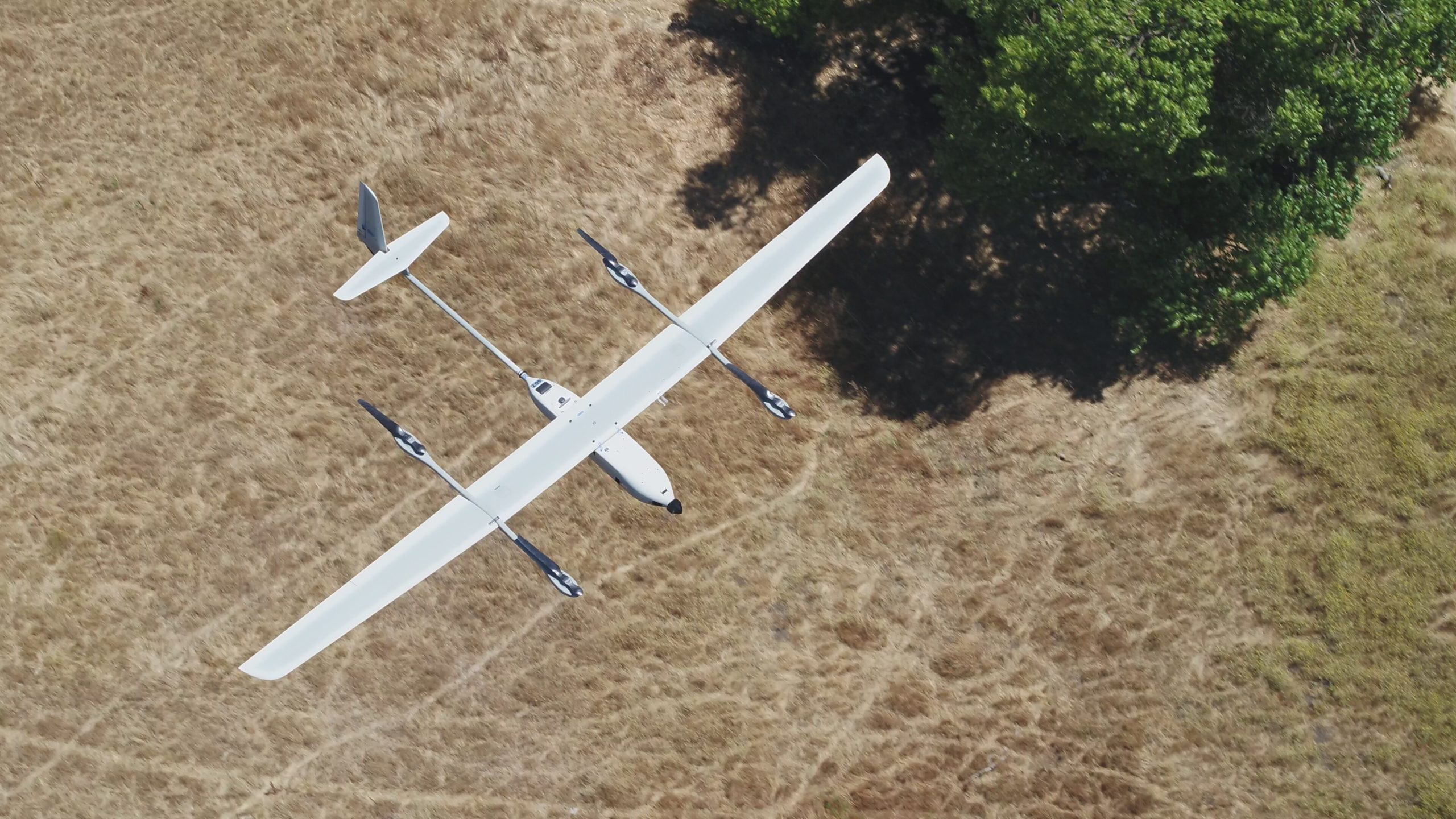
The UK Ministry of Defense has awarded a £129m contract to Lockheed Martin UK to work on a project to deliver more than 250 “portable” and “stackable” mini drones to the British Armed Forces.
159 Indago 4 rotary-wing and 105 Stalker VXE30 fixed-wing drones will replace Mini Unmanned Aerial Systems (MUAS) such as the Desert Hawk 3. Both new drones are capable of detecting and identifying targets far away from the operator. It will be operational by the end of 2024.
Weighing just 20 kilograms and with a wingspan of 4.88 meters, the Portable Stalker is a functionally proven, silent vertical launch drone that provides eight hours of imaging capability and a range of approximately 60 miles.

Weighing just 2.27 kg, the tiny Indago 4 drone can be folded into a soldier’s backpack and carried for a distance of approximately eight miles in just two minutes. Its high-resolution camera systems offer incredible zoom capabilities to accurately identify people, objects, vehicles and weapons, day and night.
Both drone platforms will provide imagery and surveillance and provide the military with an increased ability to detect targets across multiple borders in various environments.
Already in use by the US military, drones are designed to provide small military formations with immediate ISTAR (Intelligence, Surveillance, Target Acquisition and Reconnaissance) capability – a key component of modern battlefields.
Lockheed Martin UK will be the systems integrator for the 10-year contract, working with small and medium-sized companies and large UAV manufacturers to repeatedly develop the capability over a lifetime.

The company will be responsible for what the Ministry of Defense calls Tiquila Enterprise, which will ensure access to the best technology and ideas, as well as a collection of additional UK and international companies that will rapidly integrate them into the Stalker and Indago platforms.
“Tiquila will put the next generation of remotely piloted aerial systems into service with the Army. It will provide the means to stay ahead of innovation, allowing it to adapt to new threats,” said Brigadier Pete Drew, the Army’s Tiquila program senior owner in charge.
“This is a significant milestone for the Land ISTAR program, as DiQula is the first sensor to be digitally integrated into the broader ISTAR ecosystem. It will accelerate decision-making and underscore the Army’s commitment to delivering the future Soldier as outlined in the Integrated Review, making us more lethal, responsive and resilient as a force.

“Reader. Infuriatingly humble travel enthusiast. Extreme food scholar. Writer. Communicator.”






